10 Tips for Healthy iPad Use for Kids and Their Parents
This article is in the Northern Beaches Family Living Magazine (February, 2016).
It is also part of my Children and Handheld Devices 5 part series. Part of this series has been picked up by Cambridge University and will be published there soon.
With the arrival of millions of iPads and other screen-based devices in Christmas stockings all over the globe and reports of children as young as four struggling with iPad addiction – here are my top attachment focused parenting tips for healthy iPad use.
10 Tips for Healthy iPad Use for Kids and Their Parents
1.Focus on connection
The attachment relationship between you and your child is the foundation for all future relationships. Connection builds inner security and a healthy sense of self – the best preventative medicine for addiction there is!
- Make time for connection with your child as soon as you arrive home – there is nothing more deflating and damaging to a child’s sense of self than parents checking out online as soon as they walk in the door
- Use the iPad to build relationship by using apps together, rather than using the iPad as a babysitter
- Sally Hunt – clinical psychologist, 123 parenting coach and mother of two – recommends lots of parental involvement including looking at the internet and apps together and taking time to answer any questions your child may have. This not only enhances connection but it also develops the child’s research skills. She also recommends playing the games together – just for fun.
2.Healthy boundaries create healthy relationships
Boundaries help and guide your child; it is therefore essential you can own your parental authority, set clear boundaries and formulate a family home use plan
- Be clear regarding expectations and consequences
- Be consistent as this helps your child feel safe and secure and inturn builds inner security
- As your child grows, make time and space for connection, wondering and negotiation around boundaries and privileges
- Set boundaries from a loving place based on values, meaning and purpose
3.Moderate screen time
iPads do not provide the full range of healthy and sensory experiences a child needs to thrive – so first and foremost – encourage lots of physical, creative and sensory play. Limit use to:
- Under two: iPad use is not recommended by paediatricians
- Under five: iPad use is healthiest when limited and in connection with a parent
- School aged: iPad use should be negotiated according to age and maturity. Many professionals recommend no more than 30 minutes on a school day and 30 minutes to 1 hour on the weekend
NB: Many Silicon Valley giants (including Steve Jobs) set strict rules around iPad use so you aren’t alone in setting boundaries!
4.Bedrooms are screen-free zones
Keep children safe and healthy by having a screen-free bedroom policy:
- Cyber bullying, pornography and inappropriate sharing are easier to manage if iPad use takes place in shared family spaces
- Turn off screens 1-2 hours before bed, as light and stimulation disrupt circadian rhythms and inhibit good sleep hygiene
- Bed-time routine is for relaxation and connection so cuddle up with your child and a favourite book
5.iPads for dinner? No thanks!
The Pew Internet American Life Project found families with multiple communication devices were less likely to eat dinner together. Screen free, family meals are consistently correlated with positive outcomes: better grades, a sunnier outlook on life and significantly fewer problems with addiction and eating disorders (Maushart 2010):
- The dinner table is a great place to connect as a family and for your child to learn social skills
- Using devices to entertain, distract or calm behaviour either at home or at a restaurant dinner table provides short-term gain for long-term pain = anti-social skills!
- Help your child to practice mindfulness by paying attention to relationships and people, the view and the delicious food
6.Keeping your child safe
It is easy to feel anxious about your child using devices (I know I do!):
- Focus on building communication, emotional intelligence and understanding so your child feels safe to talk with you
- Wonder with your child about the positive and negative implications of iPad use
- Have a designated shared area for use and create a charger station where all family members leave their devices at night
- Set parental controls, delete unnecessary apps and set limits with the family sharing system
7.Choose apps that serve your child’s wellbeing
Some of our family favourites are audio books, educational apps recommended by the school and children’s meditations which teach mindfulness, help regulate emotions and build connection with your child’s internal resources:
- Encourage your child to make healthy app choices based on self-care and self-respect
- Avoid apps that are unhealthy, addictive or cause distress
8.Model healthy iPad use
How you use your iPad or other device will provide a model for how your child uses it:
- Put your phone down – wherever you are – and direct your attention to your child. Again, there is nothing more deflating and damaging to a child’s sense of self than a disconnected, absent parent (the result can be narcissistic wounding, which is common in adults with addiction!)
- Drive mindfully and value lives by keeping your car device free. If you cannot drive from A to B without checking your screen, it is time to check in with an addiction specialist!
9.Have a screen free day
Take a weekly time-out from technology and spend time connecting as a family.
10.Take a complete digital detox
Next holiday, leave your iPad and other devices at home – relax and connect with your environment, yourself, and your family. Try sharing stories and playing board games. Take your digital camera – shoot now and share later.

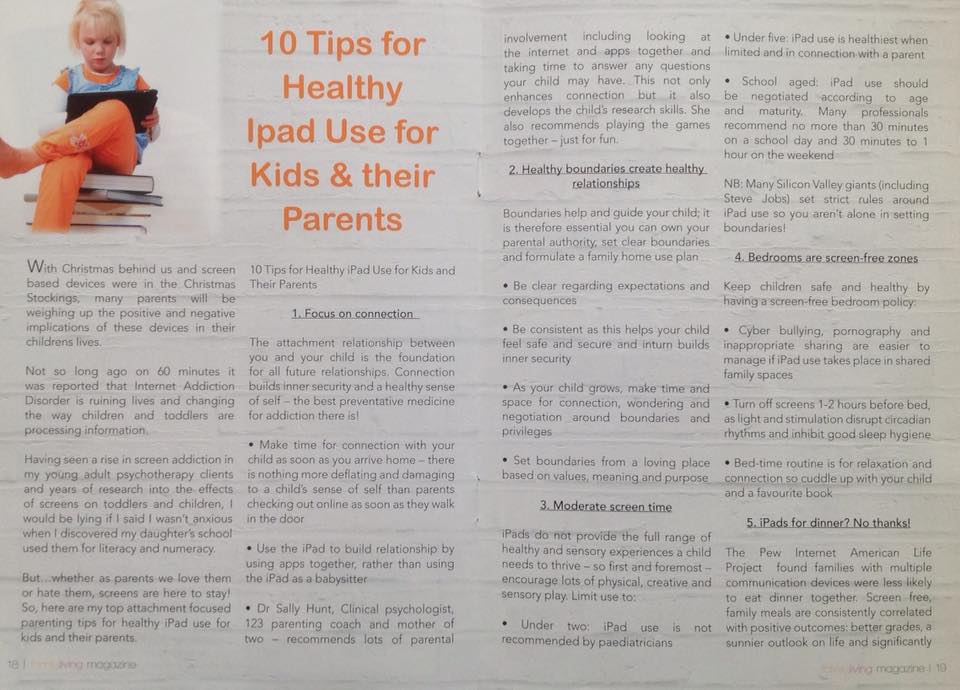
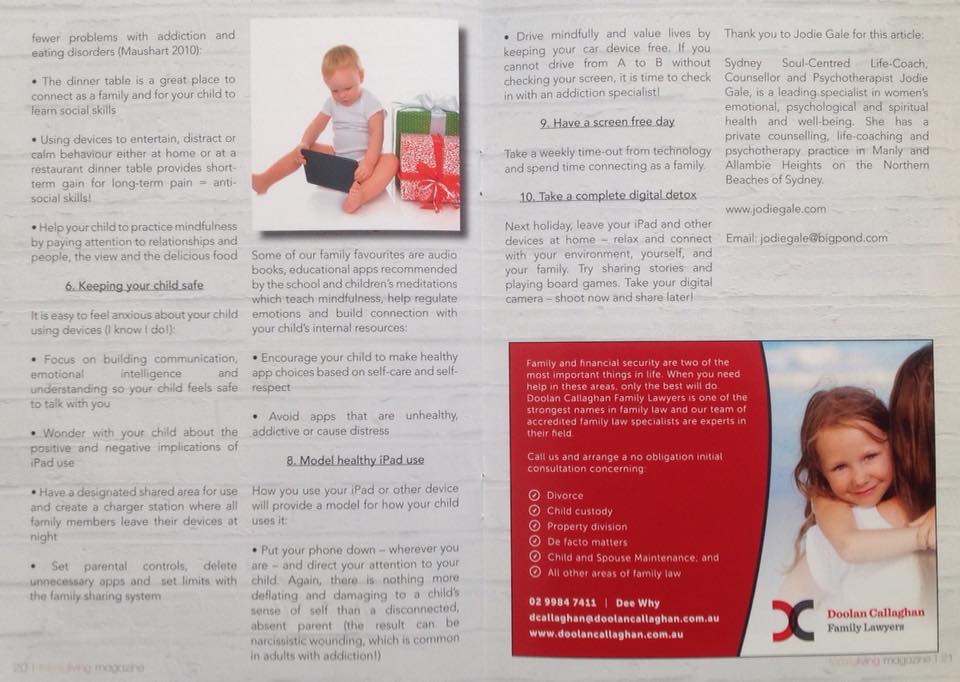



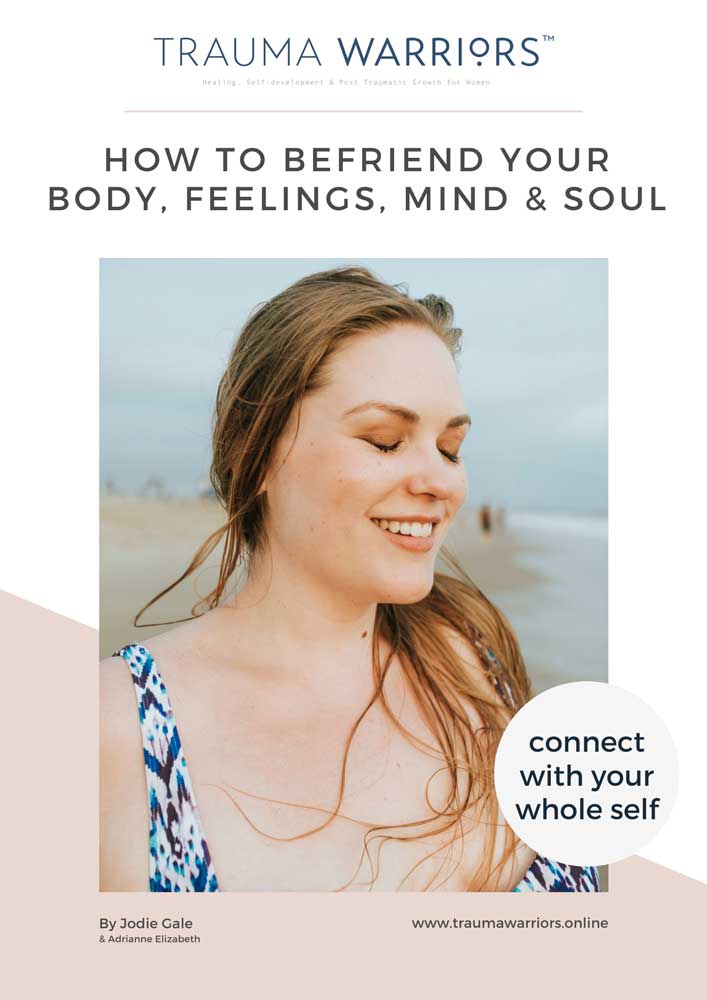


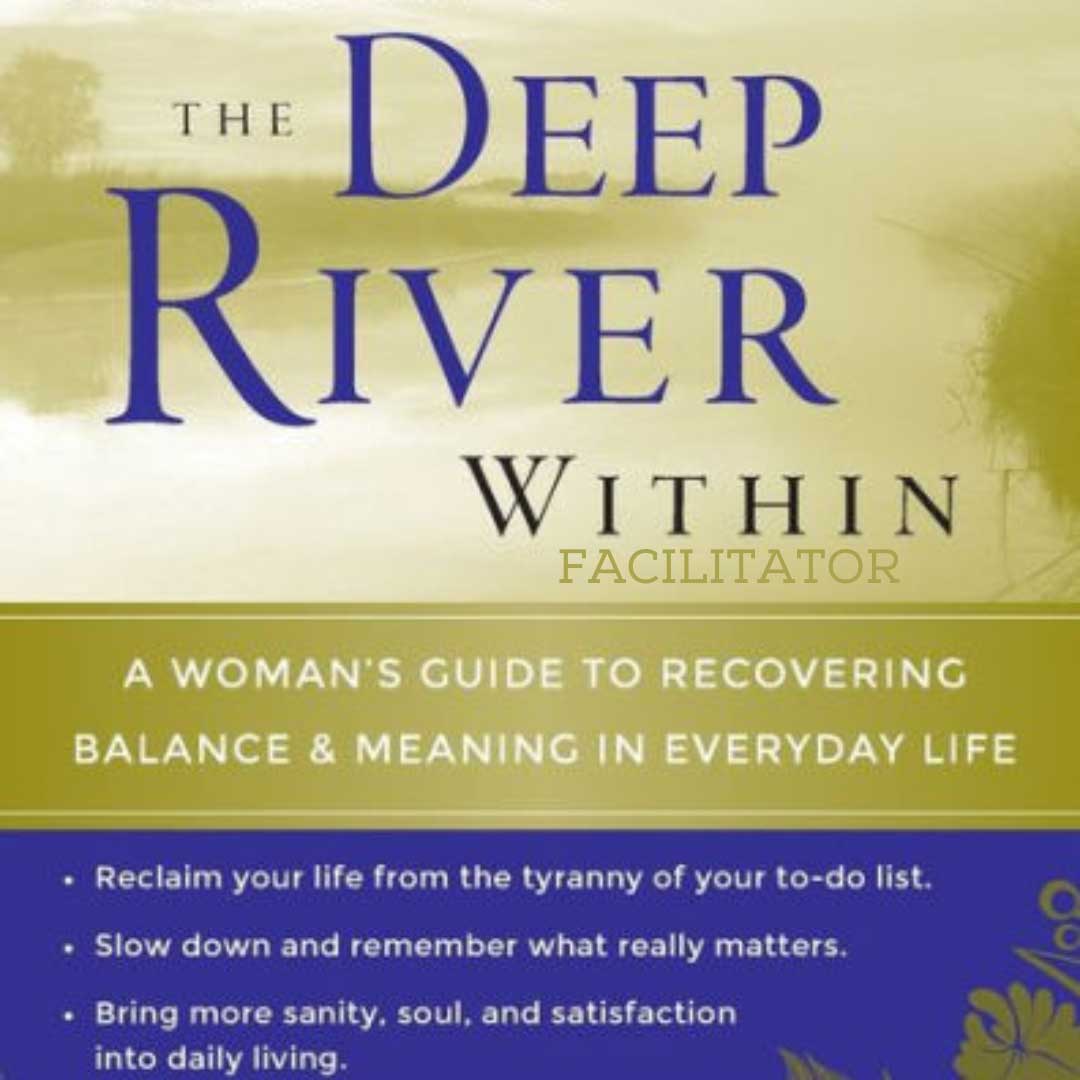
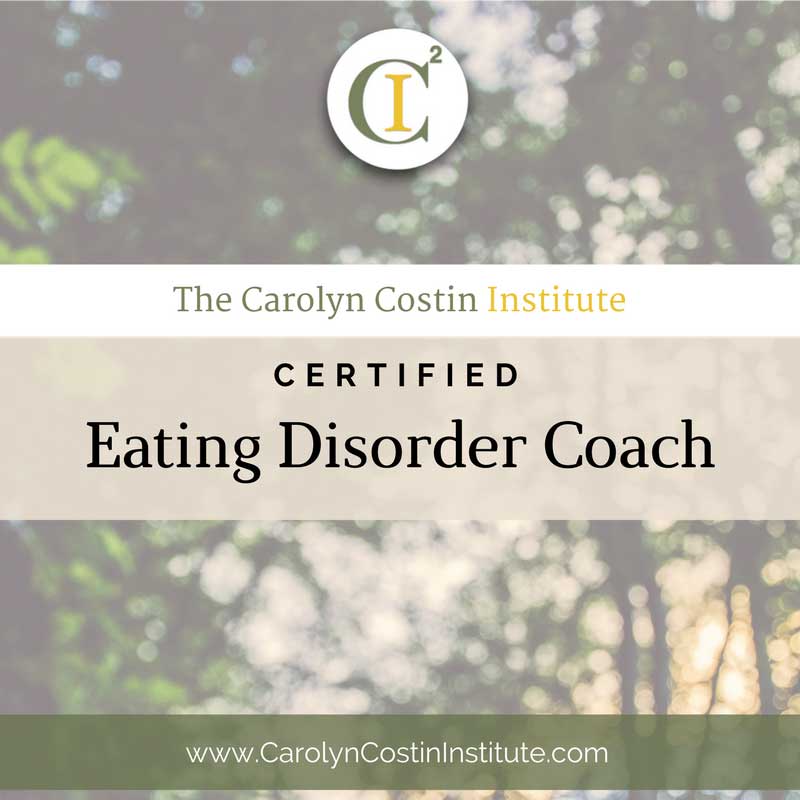
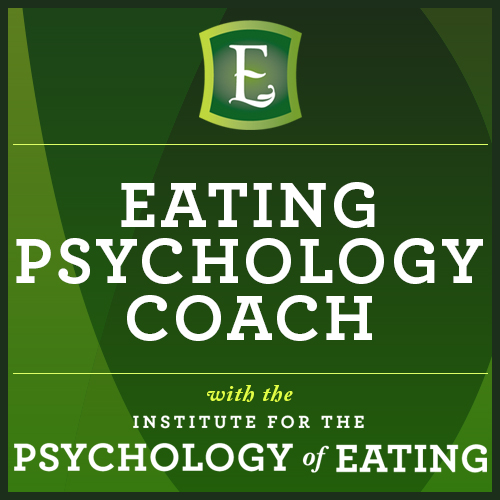
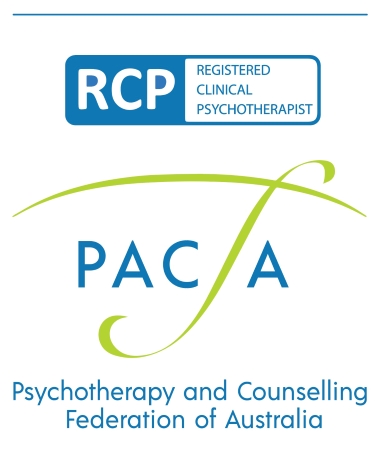
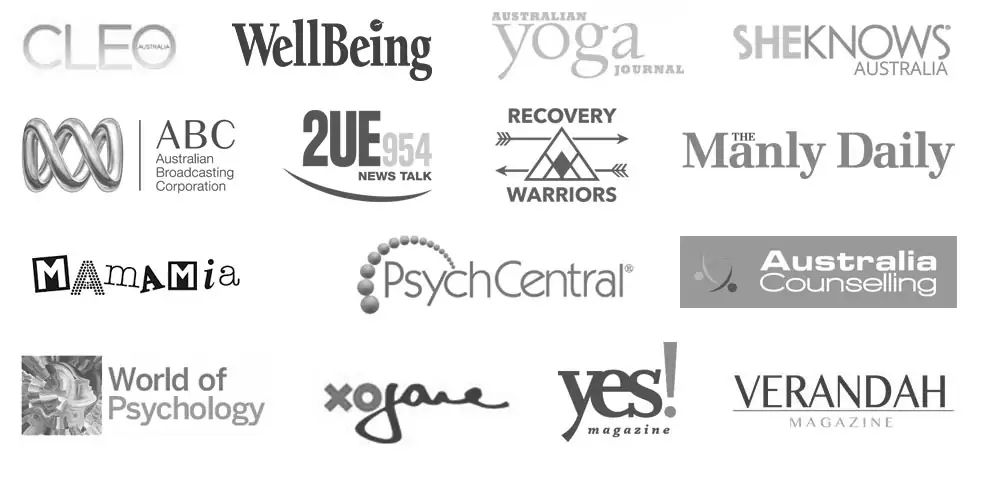
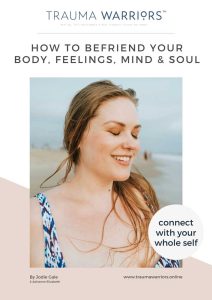
3 Responses
Jodie this is brilliant and shared everywhere I can. Thank you.
wow – thanks for your feedback and shares Melissa 🙂
Needed this! Thanks Jodie!